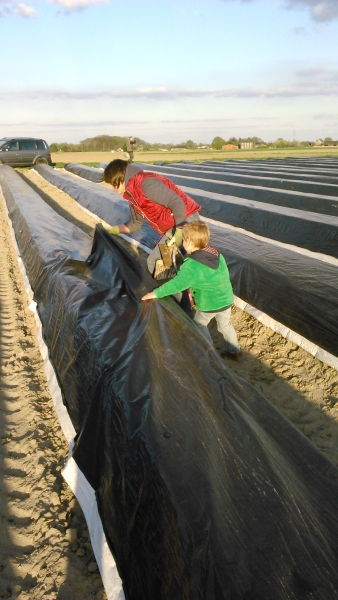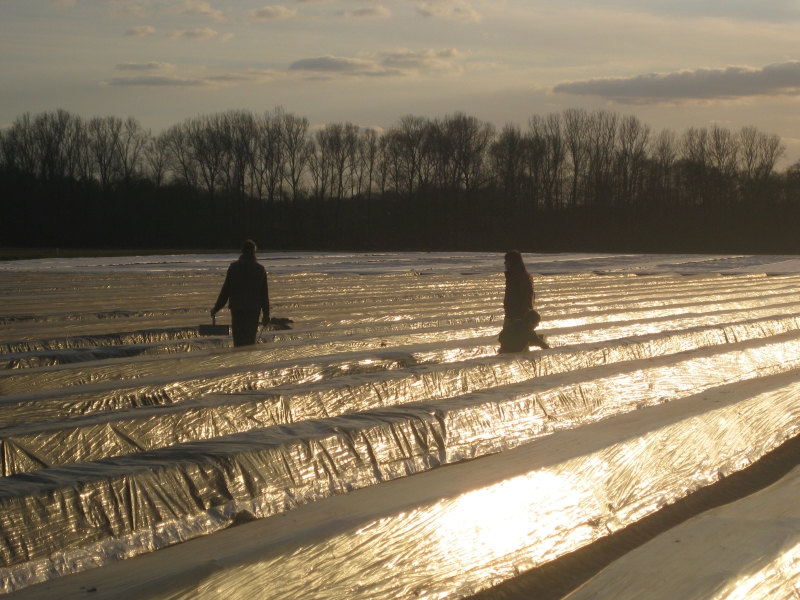Herzlich Willkommen auf dem Spargelhof Nytus
Genießen Sie Spargel und alles was dazugehört frisch aus St. Hubert! Alle Produkte aus unserem Laden werden entweder von uns selber produziert oder von Kollegen aus der Region bezogen.
Zubereiten und Genießen
In unserem Hofladen erhalten Sie alles, was zu einem richtigen Spargelessen dazugehört. Wir freuen uns auf Sie!
Unsere Öffnungszeiten während der Spargelsaison:
Mo bis Fr von 9:00 bis 18:30
Samstags von 9:00 bis 16:00
Sonn- und Feiertage: 9:30 – 13:00





